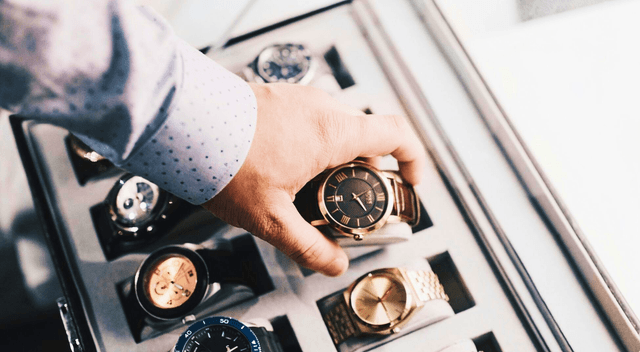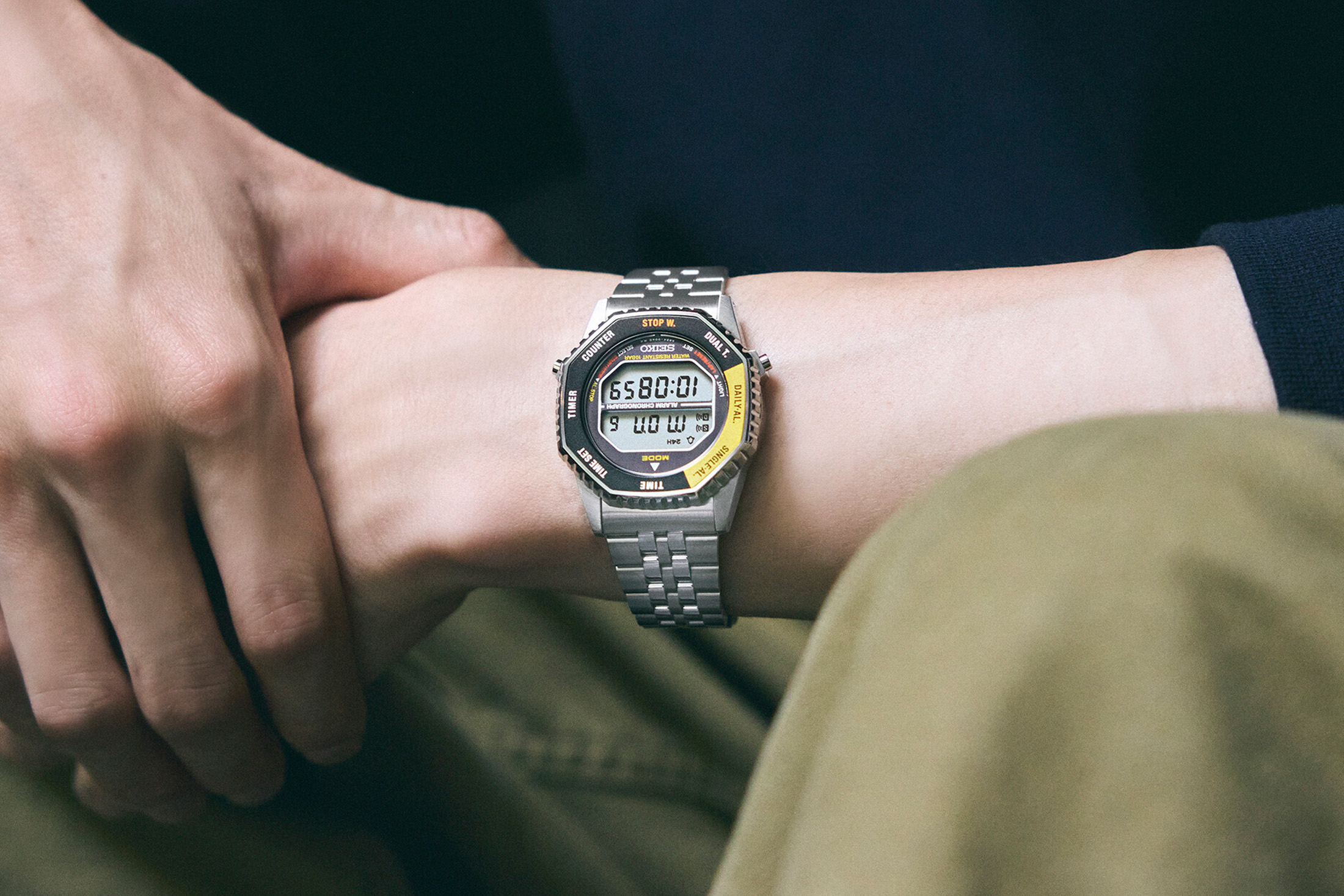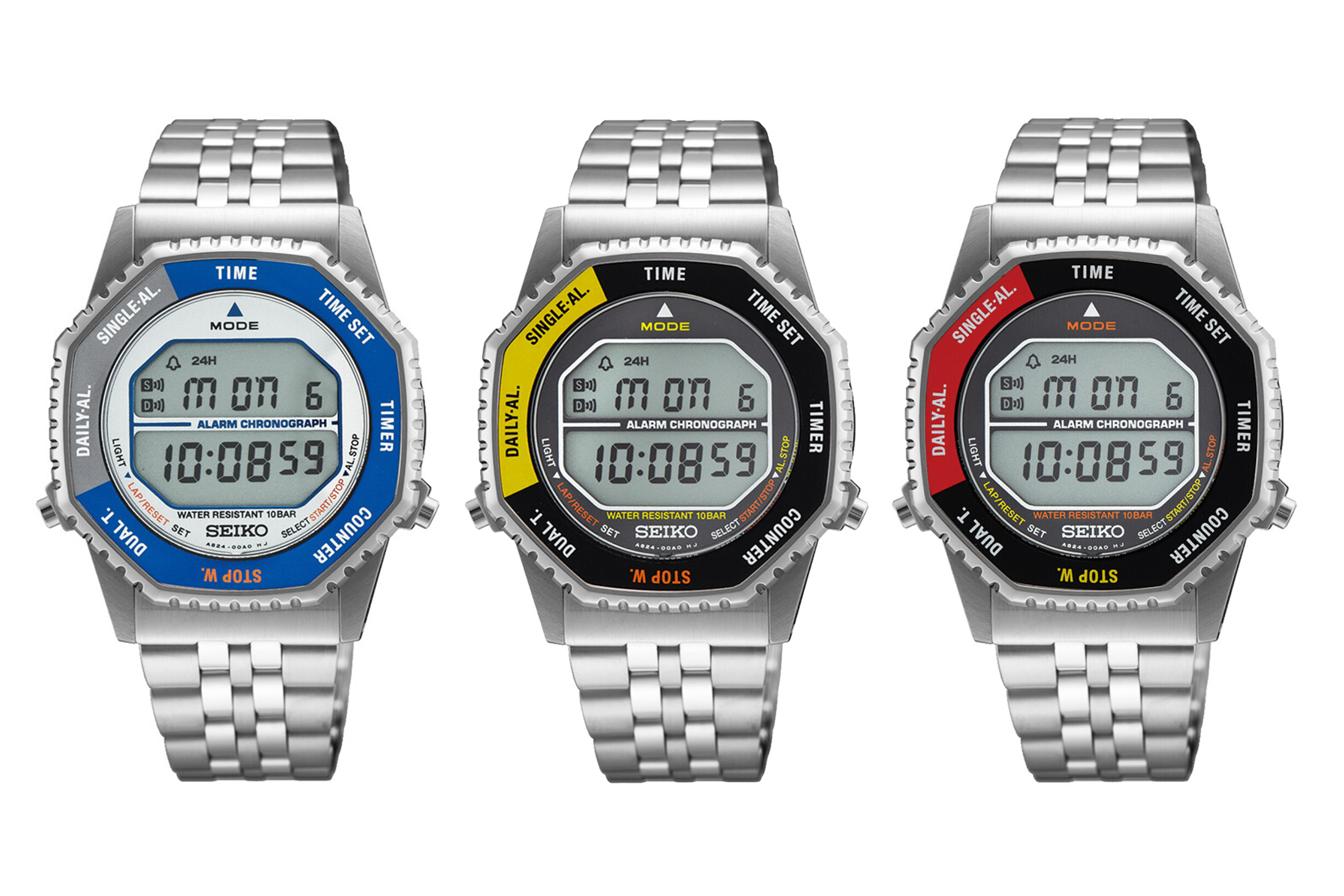
Build Your Ultimate Watch Collection for ₹1K to ₹50K
From Budget to Luxury – What You Need to Own
The watch that let astronauts change modes witout losing their minds

For years, Seiko has been known as the master of mechanicals and the pioneer of quartz. But digital? That part of its identity quietly faded away. Back in the late 1970s and 80s, though, Seiko was the undisputed leader in digital watches, the same brand James Bond wore, and the one astronauts trusted on real space missions.
Now, after four decades, Seiko is revisiting that forgotten chapter. The company has just revived one of its most iconic digital watches, the Rotocall “Astronaut,” and it’s a comeback that feels both nostalgic and forward-thinking.
The original Rotocall, launched in 1982 as the A829-A6019 and A829-A6029, was an oddball in the best possible way. While other digital watches relied on small buttons to switch functions, Seiko introduced something far more intuitive, a rotating octagonal bezel that acted like a mode selector. Each of its eight sides corresponded to a specific function, and whichever label lined up at 12 o’clock became active.

It was an elegant solution for users who preferred tactile interaction over button mashing. For analogue watch lovers, it felt familiar, even comforting. You simply rotated the bezel to move between modes, then used two buttons to adjust settings.

The 2025 revival keeps that same spirit alive. The new Rotocall resembles the 80s model, particularly the A829-6029 variant, but it has been refined with modern finishing and enhanced durability. The case measures 37mm across and 10.6mm thick, maintaining vintage proportions that feel wearable today. Circular brushing replaces the old polishing, water resistance is now rated to 100 meters, and the overall feel is far more solid than before.
Seiko even includes a five-link steel bracelet with fitted end links, something the original never had. There’s also a NATO strap in the box for when you want a more casual look.

Seiko refers to the bezel system as a rotary switch, which still features eight labelled functions: time display, time setting, GMT, chronograph, alarm, daily alarm, counter, and countdown timer. Powering it all is the Seiko Calibre A824 quartz movement, offering the reliability and precision you’d expect from the inventor of quartz technology.
It’s a subtle but significant reminder that Seiko hasn’t forgotten how to build a digital watch that feels smart without trying too hard.
The Rotocall arrives in three colourways, each inspired by its 1980s ancestors.

SMGG21: light grey dial, blue-grey bezel with orange highlights
SMGG17: black dial, yellow bezel accents
SMGG19: black dial, black and red bezel
The grey and blue version stands out the most, instantly evoking the design language of early space-age electronics: bright, bold, and unapologetically 80s.
Unlike many of Seiko’s nostalgic releases, the new Rotocall isn’t a limited edition. It’s joining Seiko’s permanent lineup, hinting that this could be the start of a broader return to digital watchmaking for the brand.
In the UK, the Rotocall retails for £480 (around $640 USD), and international pricing will likely land in that same range. Availability begins next month through Seiko’s official channels.
Seiko could have easily left digital watches in the past, letting Casio continue to dominate the space. Instead, it chose to revisit one of its boldest experiments, polish it up, and reintroduce it to a new generation.
The Rotocall isn’t just another retro reissue. It’s a reminder that digital design can have warmth, texture, and character, all without a single touchscreen in sight.
Casio, it’s your move.
Loved today's story? Get access to some exclusive content and BTS from Watchgyan's Studio by subscribing to the newsletter. It's Free!